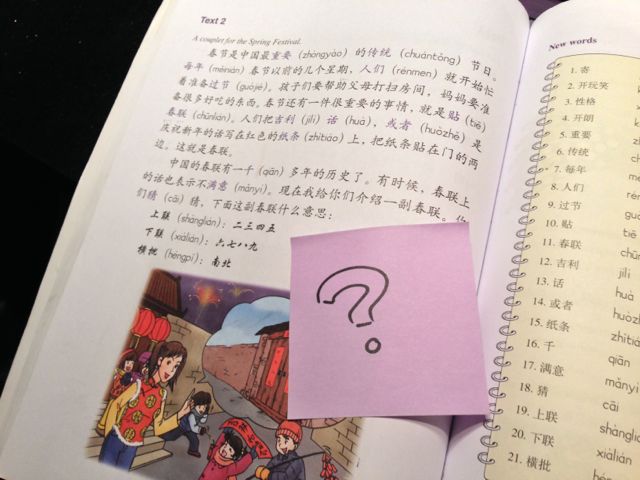The Easiest Languages for an English Speaker to Learn
Letters vs. characters: one of the hardest aspects of learning Mandarin.
For all those who take Spanish, French, or Italian: have some respect for anyone taking Chinese. In a ranking of easy, medium, and hard languages to learn Spanish, French, and Italian fall within the easy category, meaning they take about 23-24 weeks to achieve proficiency and about 575-600 class hours. Unlike those, Chinese is considered a hard language, taking 88 weeks or 1.69 years to become proficient as well as 2,200 class hours. However, if you are looking to become a polyglot but don’t really feel like spending tens of weeks and thousands of hours to learn Arabic, Japanese, Chinese, or Korean, these languages are probably more your forte.
Along with the previously mentioned easy languages, Portuguese, Dutch, Swedish, Norwegian, and Afrikaans round out the list. Portuguese may be difficult to pronounce at first for English speakers but similar linguistic habits such as raising your voice at the end of a question sentence follows for both languages. Dutch is a West Germanic cousin of English and it consists of syntactical and structural similarities. Likewise, Swedish is also a Germanic language with syntax and structure similar to what an English speaker is familiar with. Norwegian has similar syntax and word order, consistent pronunciation, and many other features to make it easy for and English speaker to pick up the language. Afrikaans is a language from South Africa that has many cognates or words similar to the English spelling and meanings. The difficulty learning languages like Afrikaans or Norwegian might just be trying to find someone who speaks the language to practice with.
And although not spoken by many, there are other odd-ball languages that could be easily picked up by English speakers. These miscellaneous few include Frisian and Esperanto. Frisian comes from Friesland in the Netherlands and closely resembles English with similar structure, vocabulary, and phonetics. Esperanto is a neutral language native to no country, created in the late 19th century for easy acquisition, and said to be one of the easiest languages for Indo-European language speakers to learn.
Articles used:
http://www.businessinsider.com/the-hardest-languages-to-learn-2014-5
http://www.insidermonkey.com/blog/the-5-easiest-second-languages-to-learn-for-english-speakers-335588/
http://www.telegraph.co.uk/education/educationpicturegalleries/9722196/Easiest-foreign-languages-in-pictures.html
http://www.swifty.com/lifestyle/5392/10-easiest-languages-for-english-speakers-to-learn#page=1
